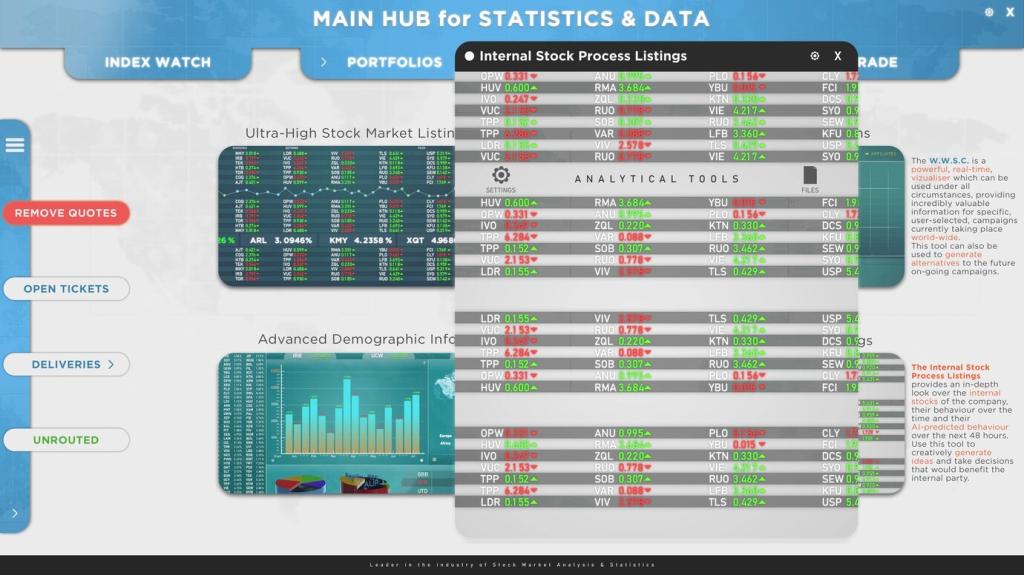Family Dynamics and Compassionate Communication
Second marriages, stepchildren, and late-in-life partnerships introduce competing needs. Advisors can balance lifetime protection for a spouse with eventual inheritances for children, using trusts and clear beneficiary paths to prevent resentment and ambiguity.
Family Dynamics and Compassionate Communication
Executors, trustees, and agents should be responsible, communicative, and impartial. Advisors help evaluate candidates, consider professional support, and define compensation so the role is respected and sustainable under pressure.










